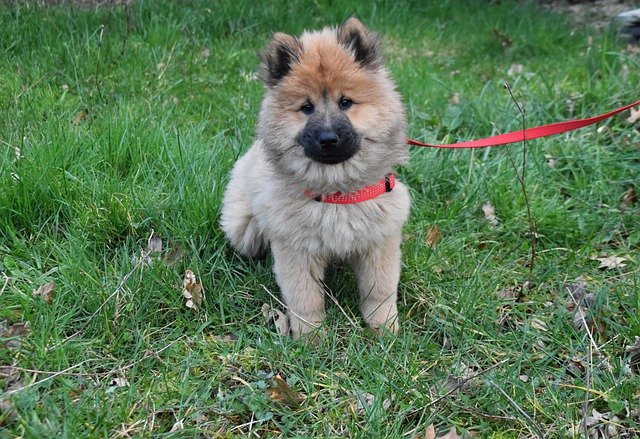 Does your dog fear you or revere you? Does your dog cower in your presence or immediately seek your company? Are you as happy to see your dog as they are to see you when you come home? Do you have a favorite time to just relax and snuggle together?
Does your dog fear you or revere you? Does your dog cower in your presence or immediately seek your company? Are you as happy to see your dog as they are to see you when you come home? Do you have a favorite time to just relax and snuggle together?

Or…does your dog run away from you and hide? Is he confused by your wavering display of mixed emotions of affection and anger? Is your dog unsure how to react when you are near, so he just stands still with his tail tucked and his eyes down?

So many factors feed into your dog’s behavior. But YOU are the first ingredient in the recipe for an emotionally balanced, well-behaved, socially skillful, lovable, and likable fabulous family member.
The dogs I work with that turn out to be the most successful in learning obedience and excellent behavioral qualities are those that have pet parents who are devoted to ensuring the best possible life for their dog. These pet parents are advocates for the dog’s well-being: health, nutrition, training, safety, happiness, and emotional contentment.
 These wonderful, caring pet parents are totally engaged in their dog’s life and everything that touches it. They learn to read their dog’s signals and develop a special skill to understand what their dog needs and wants. It becomes a two-way communication that benefits both pets and parents.
These wonderful, caring pet parents are totally engaged in their dog’s life and everything that touches it. They learn to read their dog’s signals and develop a special skill to understand what their dog needs and wants. It becomes a two-way communication that benefits both pets and parents.
The dogs are made to feel like members of the family and not just the family dogs; they do not live in fear. They don’t experience being punished, physically or emotionally, screamed at, forced into a crate, separation, food being withheld, or absence of companionship. Quite often, a second dog is adopted to join the family as a canine companion for the first dog. How wonderful is that?

BUT…dogs need boundaries, schedules, and routines. They need guidance and a place in the family unit. A dog cannot do well in a free-for-all environment. They need a leader to guide and protect them. A good pet parent knows when to be a parent and when to be a friend.

Rearing a puppy or adopting a shelter dog requires time and emotional commitment, building a strong bond and mutual trust and respect. Not fear. A dog that is abused, neglected, or mistreated will still show love and want love in return. I find that heartbreakingly sad.






